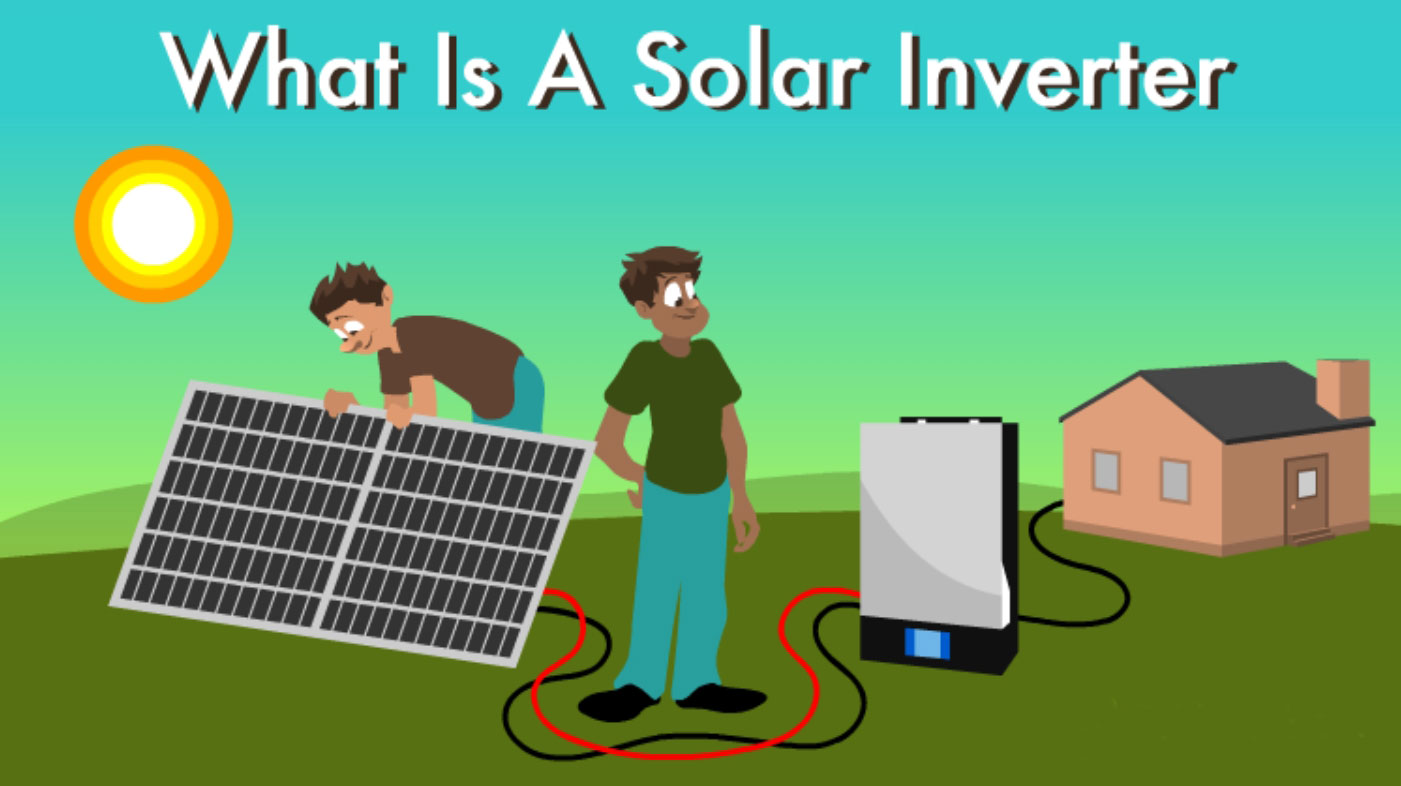
Choosing the right solar inverter for your home energy system is essential for optimizing performance, efficiency, and compatibility with your specific needs. Here are some key factors to consider when selecting a solar inverter:
1. System Size and Configuration:
- Solar Panel Capacity: Determine the total capacity of your solar panel array to ensure that the chosen inverter can handle the maximum power output. Match the inverter’s power rating (in watts or kilowatts) with the total capacity of your solar panels.
- String or Microinverters: Decide between string inverters or microinverters based on your system layout and shading conditions. String inverters are suitable for unshaded installations with panels wired in series, while microinverters are better for installations with shading or panel-level monitoring requirements.
2. Inverter Type:
- On-Grid or Off-Grid: Choose between on-grid (grid-tied) or off-grid (stand-alone) inverters based on whether you intend to connect your solar energy system to the electrical grid or operate independently. On-grid inverters are the most common choice for residential installations, as they allow for net metering and grid integration.
- Hybrid Capability: Consider hybrid inverters if you plan to integrate energy storage systems (batteries) into your solar setup. Hybrid inverters can manage both grid-tied and off-grid operations, enabling energy independence and backup power during grid outages.
3. Efficiency and Performance:
- Conversion Efficiency: Look for inverters with high conversion efficiency to maximize energy yield and reduce losses during the DC to AC conversion process. Choose inverters with efficiency ratings above 95% for optimal performance.
- Maximum Power Point Tracking (MPPT): Opt for inverters with advanced MPPT algorithms that can efficiently track and extract maximum power from your solar panels under varying environmental conditions, such as shading, temperature fluctuations, and panel degradation.
4. Reliability and Warranty:
- Brand Reputation: Select inverters from reputable manufacturers with a proven track record of reliability, quality, and customer support. Research customer reviews, industry certifications, and warranty information to assess the reliability of different brands.
- Warranty Coverage: Pay attention to the warranty offered by the manufacturer, including coverage duration, terms, and conditions. Choose inverters with longer warranty periods (typically 10-25 years) to ensure long-term reliability and protection against defects.
5. Monitoring and Smart Features:
- Monitoring Capabilities: Consider inverters with built-in monitoring systems or compatibility with third-party monitoring platforms. Monitoring features allow you to track system performance, energy production, and troubleshoot issues remotely, ensuring optimal operation and maintenance.
- Smart Grid Integration: Look for inverters with smart grid functionalities, such as demand response capabilities, grid stabilization, and compliance with grid standards. Smart inverters can enhance grid stability and support the integration of renewable energy into the electrical grid.
6. Cost and Budget:
- Initial Investment: Evaluate the upfront cost of the inverter and installation services in relation to your budget and financial goals. While high-quality inverters may have a higher initial cost, they often offer better performance, reliability, and long-term savings in terms of energy production and maintenance.
- Total Cost of Ownership: Consider the total cost of ownership over the lifespan of the inverter, including maintenance, warranty coverage, and potential energy savings. Compare the lifetime value of different inverter options to make an informed decision based on both upfront and long-term costs.
By carefully considering these factors and consulting with solar energy professionals or installers, you can choose the right solar inverter that meets your specific requirements, maximizes energy efficiency, and ensures the optimal performance of your home energy system.
